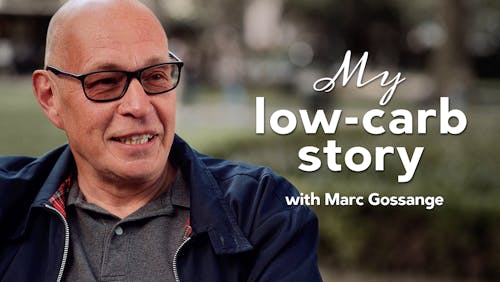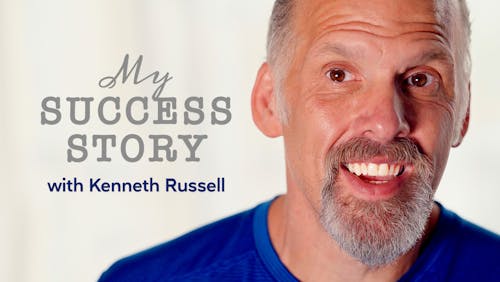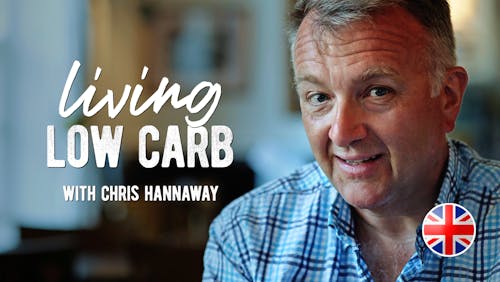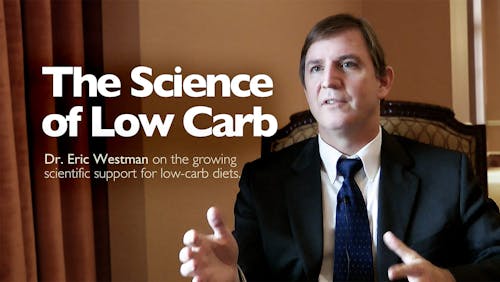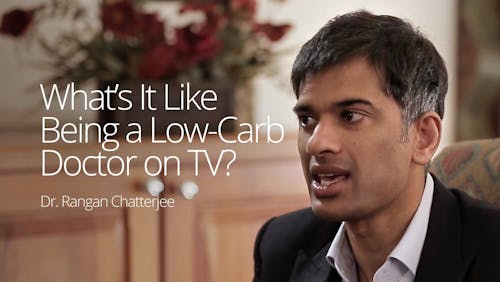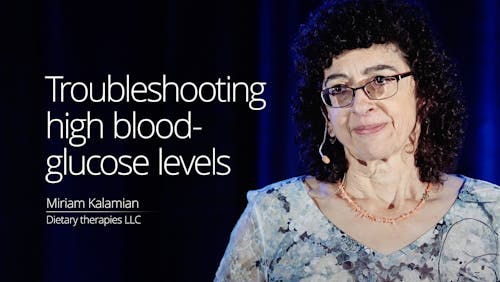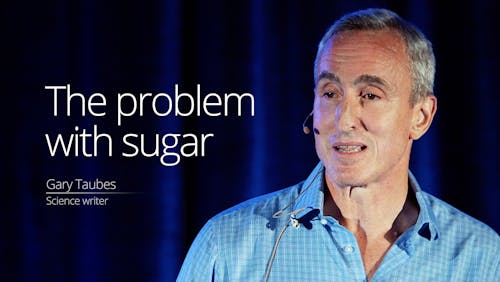Can a cyclist with type 1 diabetes complete a 20-day ride while eating keto?
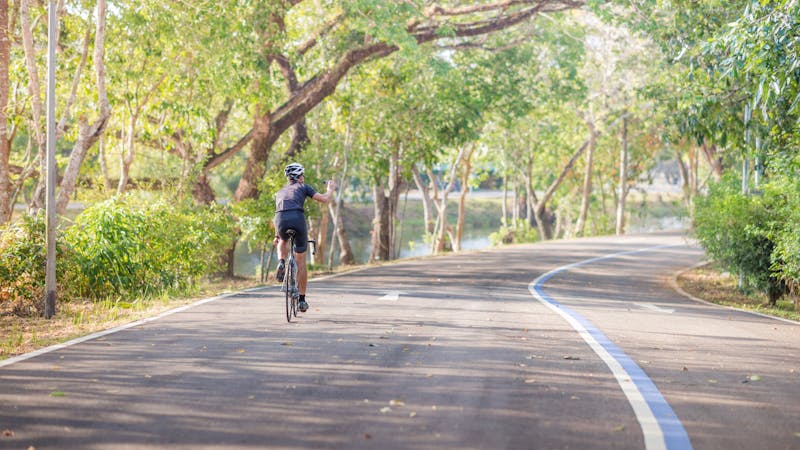
Like everyone else, people with type 1 diabetes get important health benefits from regular exercise. However, because their bodies can’t make insulin, those with type 1 diabetes often find it challenging to keep blood sugar from rising too high (hyperglycemia) or dropping too low (hypoglycemia) during physical activity. This is especially true for endurance athletes, who have very high energy demands.
Conventional recommendations for people with type 1 diabetes include consuming 30-90 grams of carbs per hour during endurance exercise lasting an hour or more and adjusting insulin dosages. However, this can result in erratic blood sugar levels both during and after activity. In fact, an alternative approach — consuming less than 30 grams of carbs for the entire day — may actually help keep blood sugar more stable and decrease the risk of hypoglycemia in people with type 1 diabetes.
This was recently demonstrated by a 37-year-old Australian man with type 1 diabetes who successfully completed a three-week cycling trip while eating a very-low-carb, ketogenic diet:
The man, who was diagnosed with type 1 diabetes at age 17, had been eating less than 30 grams of carbs per day for four years prior to the ride. Since adopting a very-low-carb diet, he had maintained excellent blood sugar control with an average HbA1c of 5% and no episodes of severe hypoglycemia.
Over the course of three weeks, he bicycled an average of 124 miles (200 km) a day without taking any rest days while eating fewer than 10 grams of carb per meal and around 200 grams of fat per day. Data from the continuous glucose monitor (CGM) he wore throughout the trip showed that his average blood sugar level was around 110 mg/dL (6.1 mmol/L) with a standard deviation of only 37 mg/L (2.1 mmol/L) — remarkably stable and impressive for someone with type 1 diabetes performing sustained physical activity for so many consecutive days.
Other than a brief episode of hypoglycemia that required treatment with rapid-acting carbohydrate, his carb intake remained within his typical low range throughout the trip.
According to the authors, this case study is the first of its kind to have been published. However, other people with type 1 diabetes have shared their own stories of successfully completing endurance exercise while fueled by a very-low-carb diet.
Although encouraging, this study is an n=1, as are the anecdotal reports. While low-carb diets have been shown to significantly improve blood sugar control in several type 1 diabetes studies, achieving similar results during sustained exercise may not be realistic for everyone with type 1.
More importantly, following a very-low-carb diet with type 1 diabetes during endurance exercise requires becoming fat-adapted, precise insulin dosage adjustments, and close monitoring of blood sugar and ketone levels. It should only be done under medical supervision.
We look forward to more published reports and perhaps even formal guidelines (once trials have been conducted) that can help people with type I diabetes thrive on low-carb diets at any level of exercise.


Type 1 diabetes – how to control your blood sugar with fewer carbs
Guide The more carbohydrates you eat the greater doses of insulin are needed. Studies and experience have shown that low-carb diets can be beneficial for people with type 1 diabetes.
Earlier
Low-carb beats high-carb for people with type 1 diabetes
Low carb for diabetes: a slow but steady path to acceptance
New study: Exceptional blood-sugar control for type 1 diabetics on low carb
